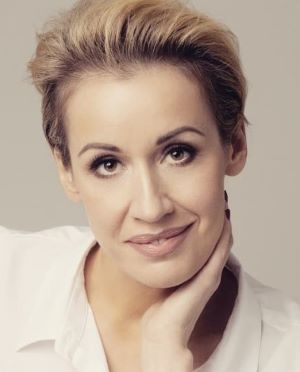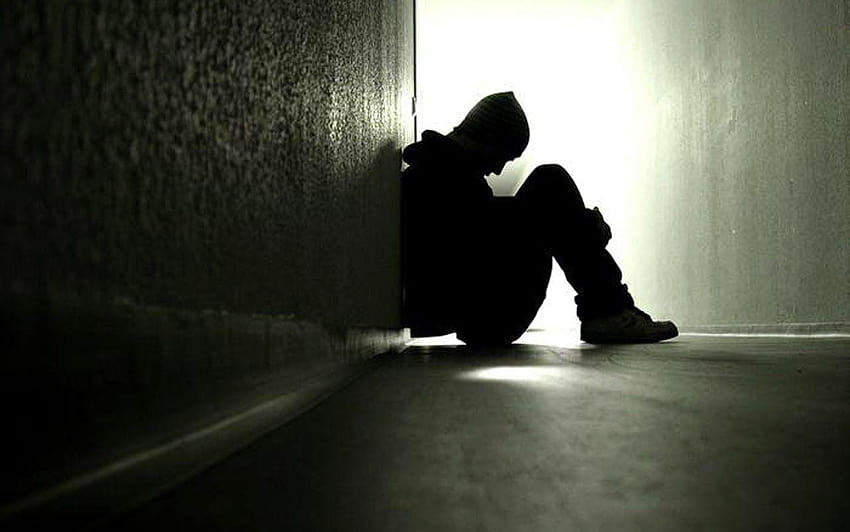Acting strengthens self-confidence and self-awareness as well as trust in one’s own personhood, empowering a young person to not have to assert themselves through violence and domination.

Arma Tanović Branković
As a professor of acting at ASU Sarajevo, head of the Helen O’Grady Academy, as well as a mother, I look at peer violence from various aspects.How can we support the young generations of art lovers to gain positive knowledge by working on stage and utilise the themes in plays and films we work on together to oppose peer on peer violence? Violence among children has almost become a normal occurrence. The formal, often merely declarative fight of female activists, the non-governmental sector, or individual fighters for human rights did not go beyond defining the problem and criticizing the failure to solve it.
Social networks have become an ideal training ground as they enable close encounters and comparisons that contribute to suppressed dissatisfaction or feelings of superiority, as well as the idea and possibility that everything can be bought or covered up with money.
The situation in Sarajevo is not promising. Aside from the Hum Institute for Juvenile Delinquents and Education Centers, primarily for children without parental care and poor families, there is no real strategy for the prevention of peer violence that would be implemented through schools and strengthening families.
Even our laws do not have adequate implementation in day to day life.
Young people are lonely, directed to their screens, with a legacy of a past filled with violence and sadness, living in a culture where the history of roughness is somewhat charming, where crime is romanticized through the characters of local tough guys, and now through new trap music trends. Children and young people are growing up with the idea of violence as a way to regain/gain the power of self-determination and identity. Every weakness is banished, so peer violence, and especially its most vile version, peer cyberbullying, has become an inevitable part of growing up.
There are no longer any cultural centres that had served prevention and strategic educational action, where the role of the social community was a preventative measure against peer violence and delinquency; where young people could engage in various educational and artistic activities as amateurs, participate in plays or concerts, strengthening self-trust in their potential while at the same time staying away from the streets and from boredom, which, as Ivo Andrić writes, is “the devil’s playground”.
Today’s extracurricular activities are commercialized and competitive, so sports clubs and even some artistic activities become real nurseries of peer abuse and harassment, instead of strengthening group work and team spirit.
Acting schools often use the audition process to divide children even more and open up a space of mistrust in their personhood.
The tools of applied theater are rarely used with an emphasis on the educational and therapeutic effect of acting as a school of life, the opportunity to create a reality within reality.
Acting workshops provide young people with the opportunity for identification, and to experience situations that have not happened to them in their lives. Acting strengthens self-confidence and self-awareness as well as trust in one’s own personhood, empowering a young person to not have to assert themselves through violence and domination. The acting methodologies of Ivana Chubbuck or Boal’s Theater of the Oppressed use the personal experience and trauma of the actors/participants in order to create an artwork-role to first make them aware, then overcome the trauma, and thus deal with it on a deeply personal level.
Partner play on stage refers to the other and the audience, and collective responsibility is strengthened. By confronting socially current topics on stage, young people strengthen their confidence in their own role as a corrective to the social community.
Dealing with different fables and characters, young people deal with the very present homophobia, xenophobia, misogyny and nationalism.
Learning to understand a human being and their actions, fears, hopes and defense mechanisms is the primary task of actors/students of drama schools.
When a human being is understood and the injuries that can be inflicted on them by different forms of violence, not only physical, but also spiritual, are acknowledged – this behavior can be corrected.
I want to point out that acting cannot be the only way of making change. I believe that, along with other mechanisms, it can be used to assess the consequences of behavior, but it is actually much more important as a preventive form of work with children and young people.
Arma Tanović Branković, actress



Leave A Comment